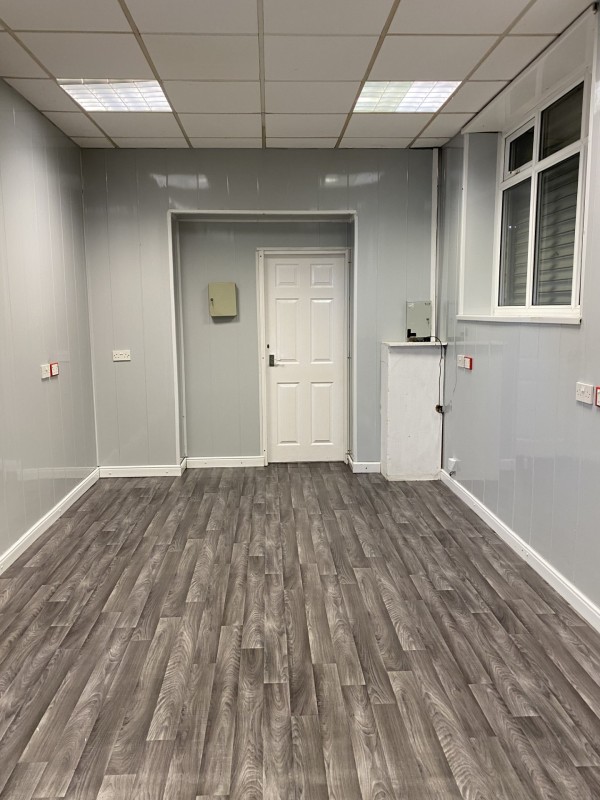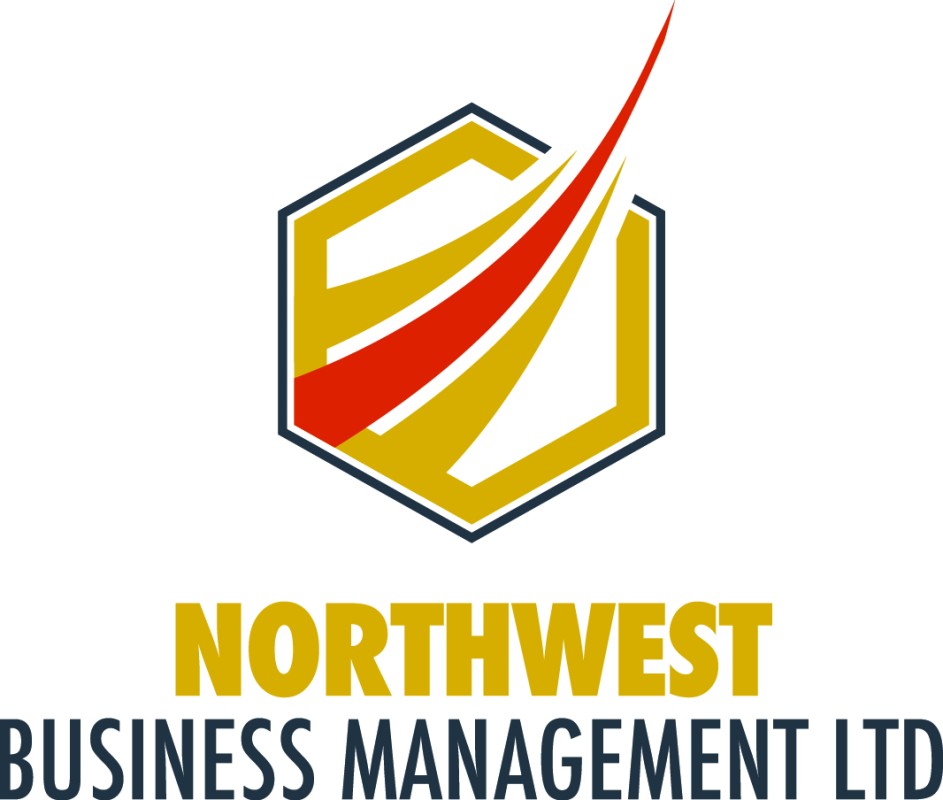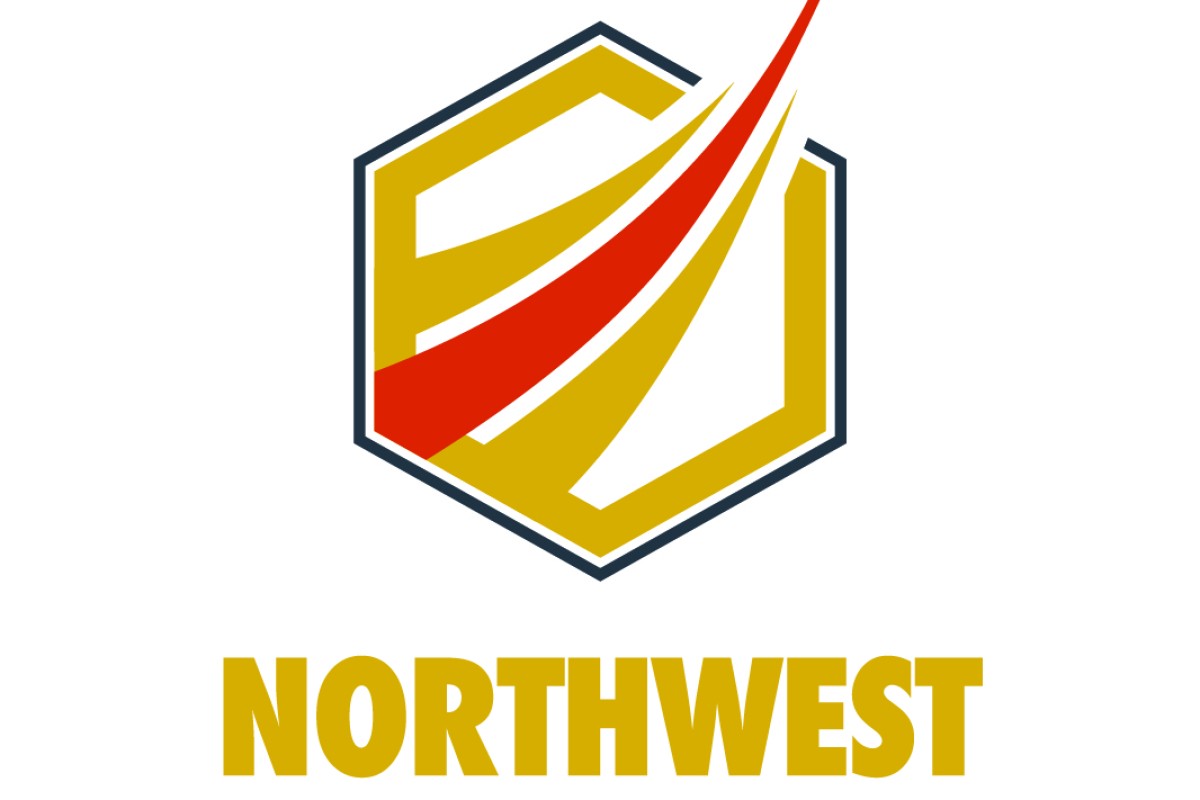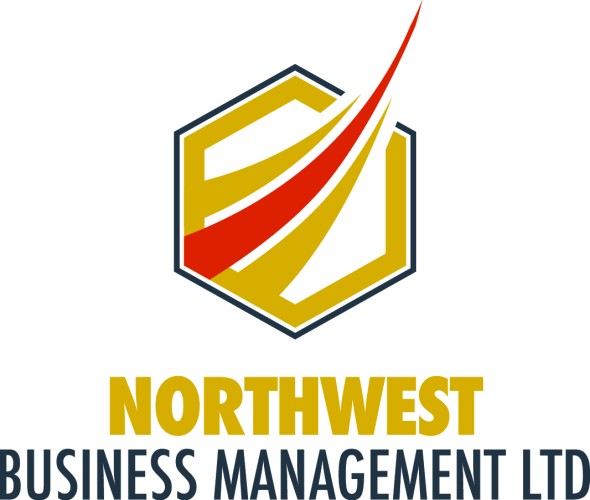Commercial Property Rentals
When considering purchasing a commercial property to lease out, you'll want to weigh various factors to ensure it’s a sound investment.
Location
We can help you assess the demand for commercial spaces in the area. High-traffic locations (e.g., near transport hubs or business districts) usually attract more tenants. Check recent trends in the local commercial property market. Are rental values and property prices rising or stable? This could affect your long-term returns. Proximity to restaurants, shopping centers, and other businesses can increase the appeal of your property to potential tenants.
Property Type and Suitability
Different types of commercial properties (retail, office, industrial, etc.) have different demand patterns, tenant requirements, and market risks. Make sure there are no restrictions that could prevent tenants from operating their business and confirm that the property zoning allows for the intended commercial use. Evaluate the building’s structural integrity and the need for repairs or renovations. Well-maintained properties are more attractive and typically yield better rental income.
Tenant Demand and Lease Terms
We can help research potential tenants and their typical lease requirements. Different industries have specific needs (e.g., storage space, high ceilings, foot traffic). Commercial leases are often longer than residential leases, which can offer stability. Look for tenants willing to commit to multi-year leases. Some tenants may want options to renew their lease, which could offer a stable income stream.
Yield and Cash Flow
Calculate your expected rental yield (annual rent as a percentage of property cost) and ensure it aligns with your financial goals. Look at expected rent, operating costs, and loan repayments to determine if the property will provide a positive cash flow.
Latest properties to rent

Sample Property 2

Commercial unit to rent 3500 square foot Knowsley Industrial Estate
Commercial unit to rent on popular Knowsley industrial Estate3500 square foot unit.Newly Refurbished!...Qualifies for Small Business Rates! currently none chargeable

Unit with offices and storage space to rent Knowsley
Unit with offices and storage space to rent Knowsley. 1750 square foot and additional outdoor space.Newly refurbished. Qualifies for small business rates - currently none chargeable.
Finance and interest rates
Commercial property loans differ from residential ones and may have higher interest rates or shorter terms. Interest rates on commercial property loans can vary based on market conditions, property type, and borrower creditworthiness. Commercial properties often require a higher down payment (typically 20–30%).
Legal Considerations
Commercial leases are more complex and negotiable than residential leases. We can help you find a solicitor to ensure the lease agreements are favourable. Be aware of tax considerations too, including income tax on rental earnings, capital gains tax, and VAT on commercial properties. Commercial properties often require more comprehensive insurance than residential properties (e.g., public liability, building insurance, and coverage for specific tenant activities).
Management and Maintenance
Decide if you will manage the property yourself or work with a professional property manager. Managing commercial properties can be demanding, however we have access to professional contractors who will help Older properties or specialised properties (e.g., warehouses, manufacturing spaces) may have higher maintenance costs.
Market Risks and Economic Factors
Commercial properties can take longer to lease if they become vacant, especially if the market is slow. Investigate competing properties and their vacancy rates in the area to understand market saturation.
Exit Strategy
Consider the potential for future resale. A property that is appealing to multiple industries or uses may be easier to sell if you need to exit. Properties in sought-after areas or with flexible configurations are typically easier to sell if the market changes.
Talk to our team today

Address
7 Webber Road
Knowsley Industrial Estate
Liverpool
L33 7SW
Designed by North West Business Management
Disclaimer here


